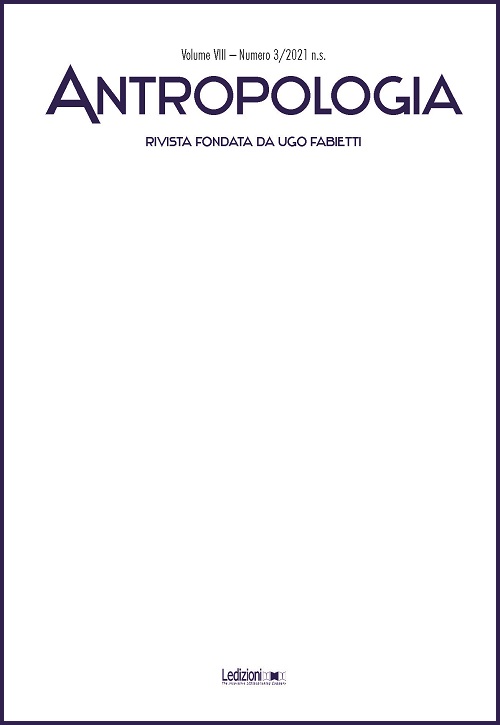Mothers from elsewhere and educational welfare for children: ambivalent alliances between spaces of care and maternal knowledge
DOI:
https://doi.org/10.14672/ada20211834191-209Keywords:
motherhood in migration, child care services, spaces of care, educational professions, local welfareAbstract
Beginning with ethnographic material collected in Emilia-Romagna, the article explores the influence of educational welfare aimed at childhood on the experiences of some migrant women who construct their subjectivities as mothers in the context of their arrival. The ambivalent relationships between educational personnel and foreign mothers offer a prism to grasp, on the one hand, the ways in which certain pedagogical assumptions and ideologies about childhood inscribed in local history are contextually reworked in educational services and translated into care practices, moral orientations, and normative demands that tend to encourage women to become responsible mothers and citizens. On the other hand, the daily confrontation with other relational and caring approaches is sometimes seized by educational staff in a mirror function as an opportunity to enrich their professional instrumentation and challenge reified and ethnocentric constructs of parenting and child welfare. The paper investigates the pressures that migrant mothers are sometimes subjected to in the face of the behaviours that childcare institutions expect of them in relation to childcare and the relationship with educational services, but also brings to light their ability to cross symbolic, emotional, and sometimes national boundaries to redefine their own maternal care knowledge and strategies for raising children.
Downloads
Published
Issue
Section
License

This work is licensed under a Creative Commons Attribution 4.0 International License.
Authors maintain the copyright of their original work and grant the Journal the right to first publication, licensed after 36 months under a Creative Commons Licence – Attribution, which allows others to share the work by indicating the authorship and first publication in this journal.
Authors may agree to other non-exclusive licence agreements for the distribution of versions of their published work (for example in institutional archives or monographs) under the condition that they indicate that their work was first published in this journal.



